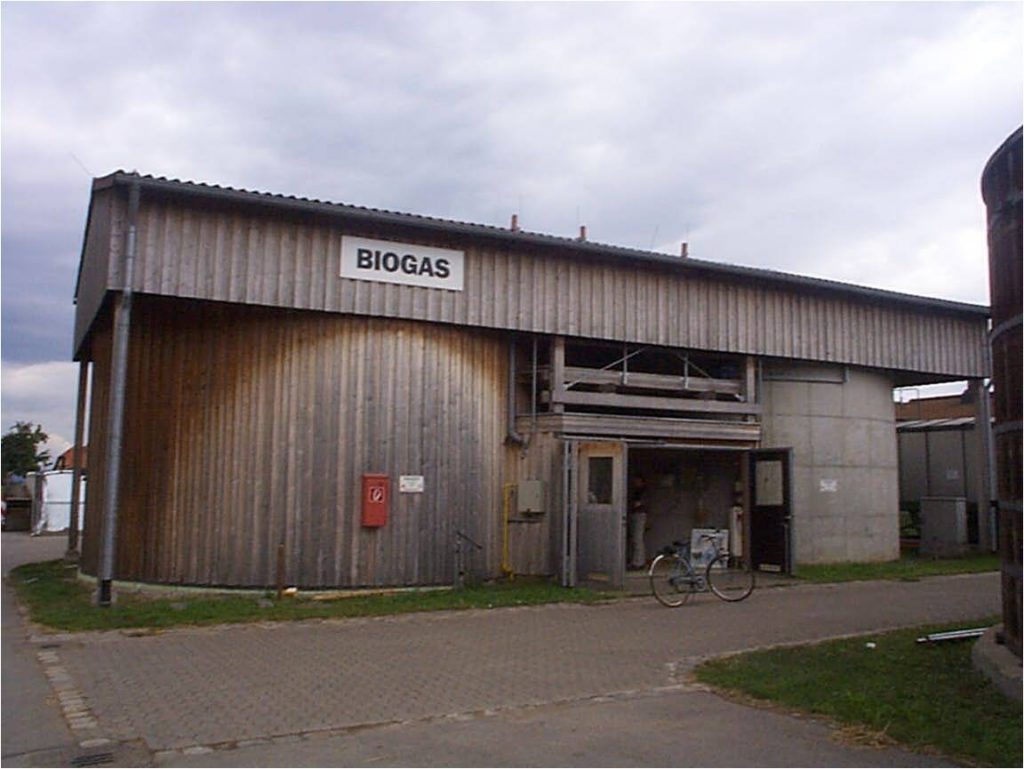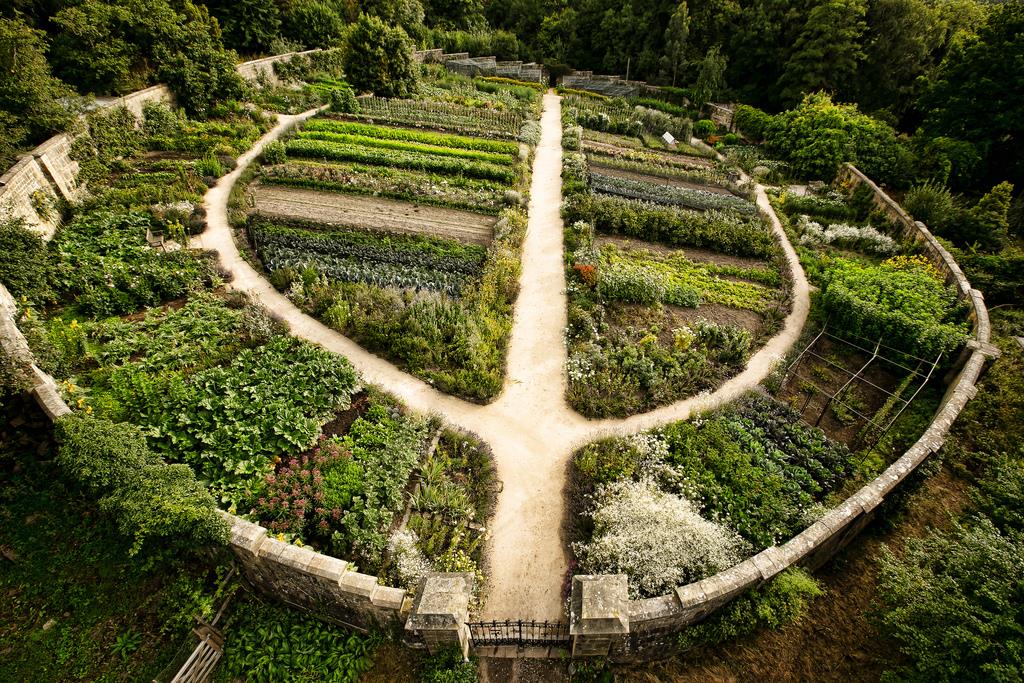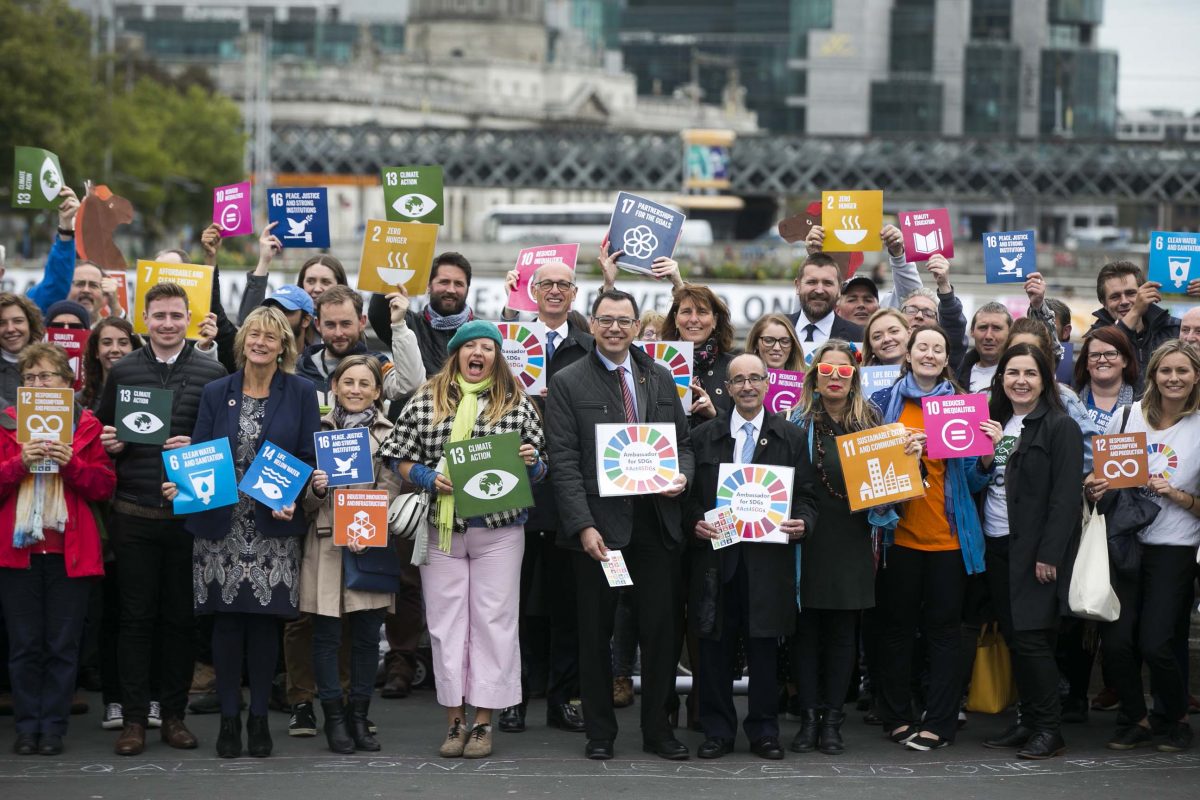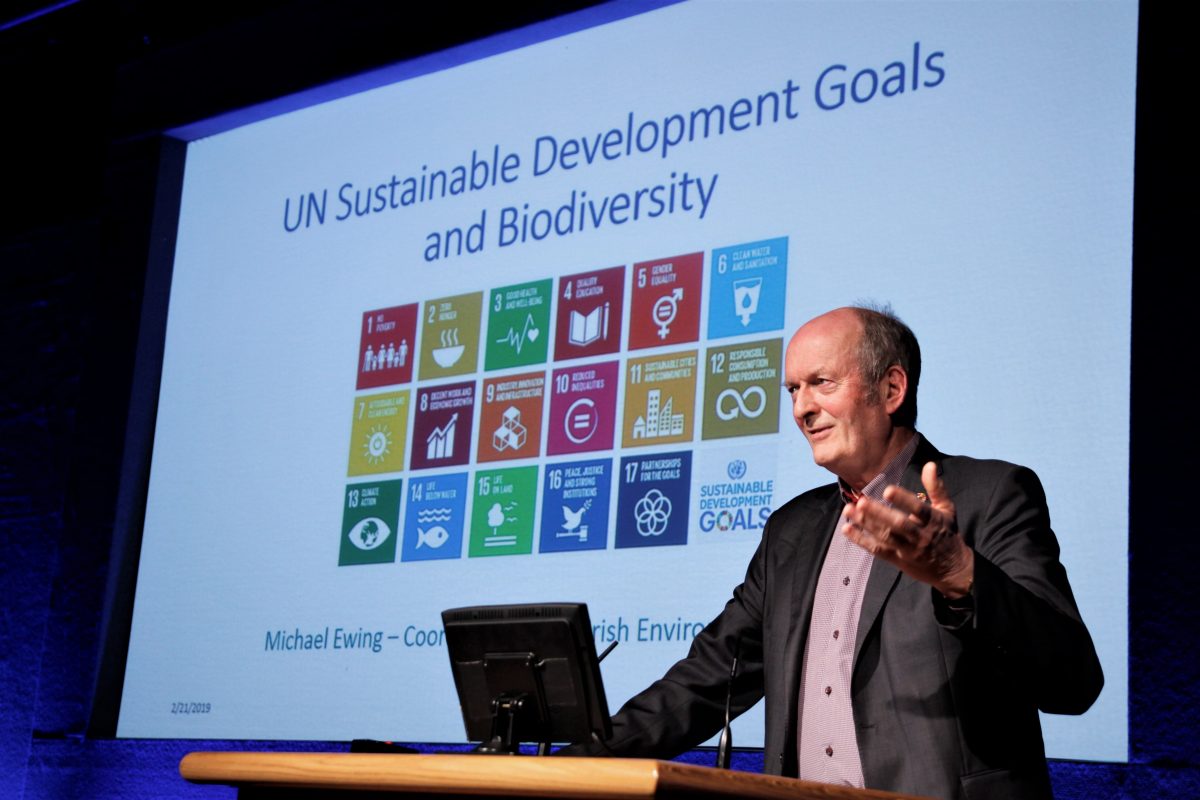Transition Network providing a more sustainable future for towns and cities

July 26th, 2018
Living in a time of such environmental and climate uncertainty, new approaches are constantly being envisioned to try and lessen our impact.
One such approach is the global Transition Network movement, which started in our very own county of Cork.
The Transition Network brings communities together to reimagine and rebuild the world by “reclaiming the economy” sparking entrepreneurship, reskilling people and creating a network among them.
Made up of Transition Towns, the network works to transition communities away from the overuse of oil and gas resources and to help them adapt to deal with environmental issues and energy scarcity likely to arise in the coming decades.
Rob Hopkins, who helped create the network, told The Green News that “there is no silver bullet” when it comes to our earth’s environment and climate. “In reality, it’s a jigsaw puzzle”.
Hopkins felt that taking local action would be a key part of solving this puzzle, and the idea for the movement hit him while he was teaching permaculture at Kinsale Further Education College in 2005.
One of Hopkins’ students under a year-long project to set a roadmap for a sustainable future in Kinsale, Louise Rooney, set about developing the Transition Towns concept. This resulted in the “historic decision” by Kinsale Town Council to adopt the plan, says Hopkins.
Shortly afterwards, he relocated back to his hometown of Totnes, England and founded the Transition Network which has now spread to all corners of the earth, including towns in Australia, Germany, Chile, Japan, the United States, South Africa, and India.
This wide reach is down to the broad, inclusive approach of the project, Hopkins says, as Transition Towns do not have a membership fee and are not “overly prescriptive”. The only commitment, he says, is that “you share your stories”.
Transition Town Kinsale
Now in over 50 countries and thousands of groups, Ken Forde of Transition Town Kinsale proudly told The Green News that Kinsale was the “first of what is now a global movement”.
Kinsale has been doing exceptional work since the “seeds were planted” in 2006, Forde says, with projects ongoing in five pillar areas – energy, food, transport, health, and education.
“We are currently setting up a Community Energy Project which will involve business and domestic but also community buildings like halls and churches,” Forde says.
The project has also developed and participated in Earth Hour, set up an anaerobic digester project, a community orchard and a community supported agriculture scheme.
The anaerobic digester will recycle local farm and food waste into compressed gas fuel for local vehicles and will help keep €700,000 in the local economy, reduce landfill waste, and create natural fertilizer for farmers.
Success for these projects comes from the ability of the community to come together and creating power in numbers with Forde pointing to the role played by the Public Participation Network (PPN) in Cork County Council.
Through the PPN, Forde says, Transition Town Kinsale hopes to get its message across to the council and councillors but also to “a wider employee network along with the general public”.

The Anaerobic Digester in Kinsale Photo: Kinsale Transition Town
Other Transition Towns
Transition Pasadena in California is building resilience and a stronger community through circular leadership, permaculture and “a whole lotta fun”, according to Therese Brummel.
She says that the town is working on a project called Pasadena 100 to “help our city get 100 per cent Renewable Energy” by 2035. They also have a Repair Café inspired by the “philosophy of a sharing economy”, Brummel says, a common trend in Transition Towns.
Ungersheim in Eastern France has also made great strides too since becoming a Transition Town, bringing in a horse to perform as a bus to take local children to school. The town has switched all public lighting to low energy bulbs, leading to a 40 per cent decrease in energy usage among its 2,000 strong population.
[x_author title=”About the Author”]






